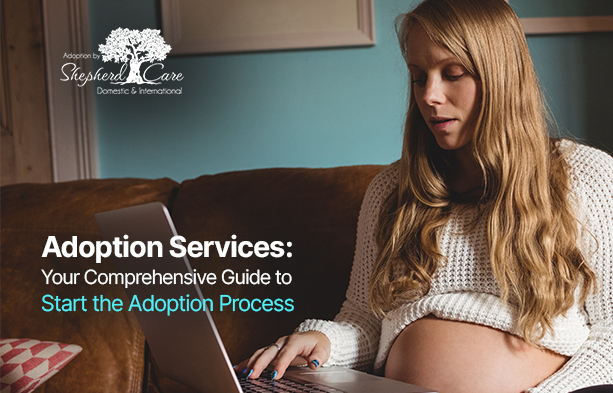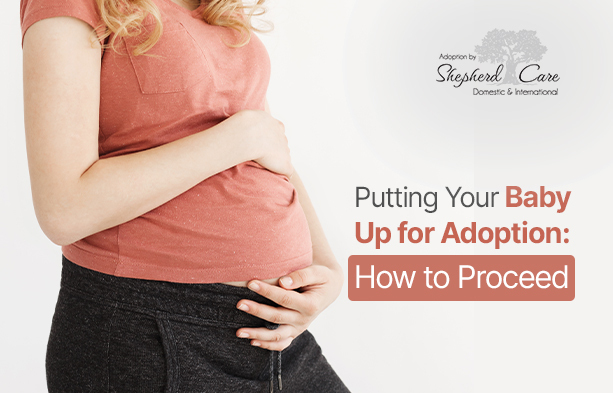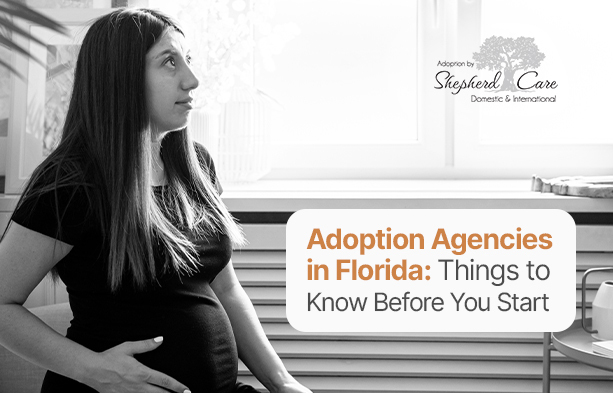If you’re struggling with the emotional aftermath of making the challenging decision to place your baby up for adoption, it’s essential to know that you’re not alone. Coping with the range of emotions that arise from this decision is a natural part of the process. In this article, Adoption by Shepherd Care will guide you through effective coping strategies and support options. We want to help you find hope and healing during this difficult time.
Coping Strategies After Adoption
Coping with the decision to make an adoption plan can be emotionally taxing. It’s crucial to navigate this journey with self-compassion and care. Here are some key strategies to help you cope:
- Acknowledge and accept your feelings: Understand that it’s okay to experience a wide range of emotions, such as sadness, grief, guilt, or even relief. Give yourself the space and time to feel without judgment.
- Seek support from trusted friends, family, or professionals: Share your feelings with people who can provide guidance and understanding. Their support is invaluable.
- Engage in self-care activities: Regularly take time for yourself to engage in activities that bring joy and relaxation. Mindfulness, nature walks, journaling, and hobbies can help you find solace.
- Connect with others who’ve had similar experiences: Support groups and online communities for birth parents can provide a safe space to share your thoughts and feelings with people who truly understand your journey.
- Prioritize self-compassion: Be kind and gentle with yourself as you navigate the complexities of this decision. Remind yourself that you made the best choice for you and your baby’s future.
Seeking Support and Counseling After Adoption
Seeking support and counseling can make a significant difference in your journey. Here’s how you can benefit from these resources:
- Online forums: Connect with others who’ve gone through similar experiences in online forums. They provide a supportive community where you can share feelings, ask questions, and gain insights.
- Group therapy: Group therapy sessions offer a comforting environment where individuals who understand your journey can provide support. Learn coping strategies from professionals and fellow participants.
- Counseling sessions: Professional counseling can help you explore feelings in a safe and non-judgmental environment. Counselors guide you through the grieving process and assist you in developing healthy coping mechanisms.
Remember that seeking support is an act of self-care and strength, and there are resources available to support you every step of the way as you cope after giving your baby up for adoption.
Navigating Post-Adoption Relationships
Navigating post-adoption relationships requires open communication and setting boundaries with your child’s adoptive parents. Here’s how you can foster a healthy and supportive dynamic:
- Clear and consistent communication: Establish a foundation of trust and understanding with the adoptive parents by discussing the expectations and desires of everyone.
- Maintaining boundaries: Define your desired level of involvement in your child’s life while respecting the adoptive parents’ boundaries.
- Honesty and reliability: Be honest about your feelings and demonstrate reliability to strengthen the bond between you and the adoptive parents.
- Empathy and understanding: Every post-adoption relationship is unique; show compassion towards each other as you navigate this new journey together.
By maintaining open communication, setting boundaries, building trust, and fostering understanding, you can cultivate a positive post-adoption relationship, benefiting your child’s well-being.
Summary
Making an adoption plan is a challenging decision, but you are not alone. Reach out for support, seek counseling, and remember that finding closure and moving forward is a journey that takes time. With the right resources and support, you can find healing and peace.






